All Formats & Editions

THE ANTI-SLAVERY CRUSADE
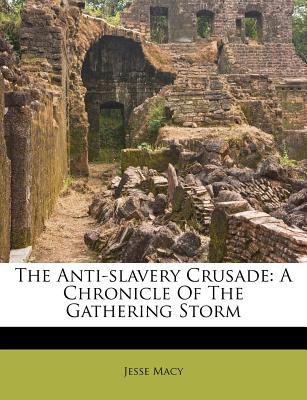
The Anti-Slavery Crusade: A Chronicle of the Ga...
This is a reproduction of a book published before 1923. This book may have occasional imperfections
such as missing or blurred pages, poor pictures, errant marks, etc. that were either part of the original artifact,
or were introduced by the scanning process. We believe...
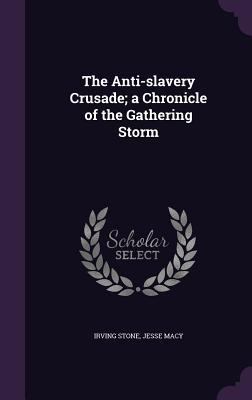
The Anti-Slavery Crusade; A Chronicle of the Ga...
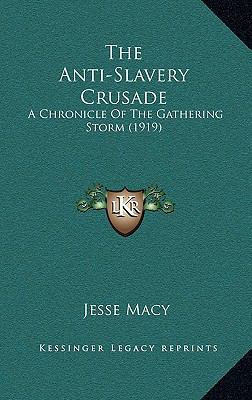
The Anti-Slavery Crusade: A Chronicle of the Ga...
This scarce antiquarian book is a facsimile reprint of the original. Due to its age, it may contain imperfections such as marks, notations, marginalia and flawed pages. Because we believe this work is culturally important, we have made it available as part of our commitment for...
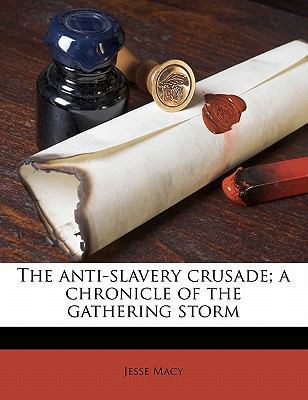
The Anti-Slavery Crusade; A Chronicle of the Ga...
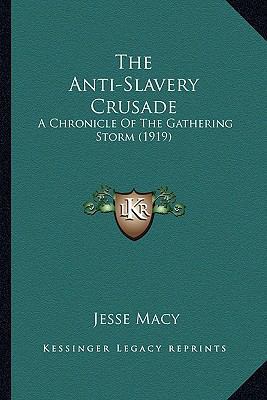
The Anti-Slavery Crusade: A Chronicle Of The Ga...
The Anti-Slavery Crusade: A Chronicle Of The Gathering Storm (1919) is a historical account of the fight against slavery in the United States. Written by Jesse Macy, the book chronicles the events leading up to the Civil War and the efforts of abolitionists to end the practice...
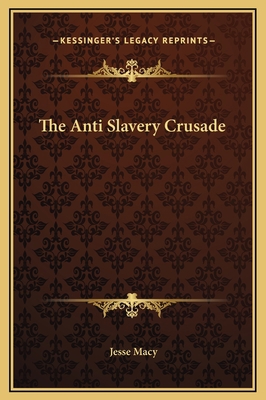
The Anti Slavery Crusade
This scarce antiquarian book is a facsimile reprint of the original. Due to its age, it may contain imperfections such as marks, notations, marginalia and flawed pages. Because we believe this work is culturally important, we have made it available as part of our commitment for...

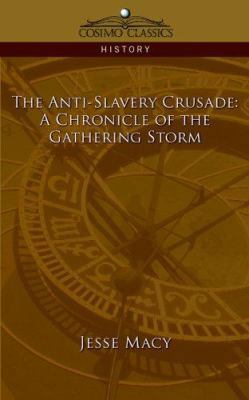
The Anti-Slavery Crusade: A Chronicle of the Ga...
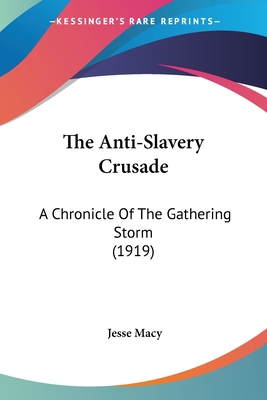
The Anti-Slavery Crusade: A Chronicle Of The Ga...
This scarce antiquarian book is a facsimile reprint of the original. Due to its age, it may contain imperfections such as marks, notations, marginalia and flawed pages. Because we believe this work is culturally important, we have made it available as part of our commitment for...
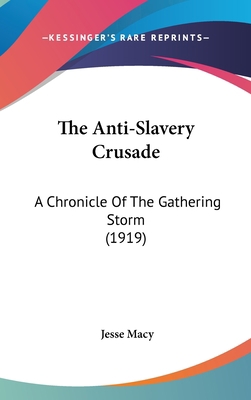
The Anti-Slavery Crusade: A Chronicle Of The Ga...
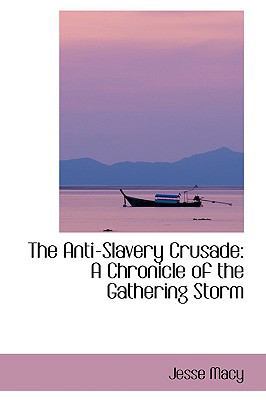
The Anti-Slavery Crusade: A Chronicle of the Ga...
![The Anti-Slavery Crusade: A Chronicle of the Ga... [Large Print] 1116156202 Book Cover](https://i.thriftbooks.com/api/imagehandler/l/BEACD584B5D752EC7AE8442822F1525A3515F07E.jpeg)
The Anti-Slavery Crusade: A Chronicle of the Ga... [Large Print]
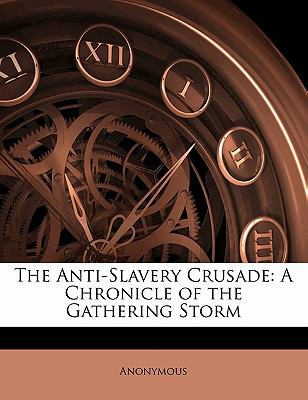
The Anti-Slavery Crusade: A Chronicle of the Ga...
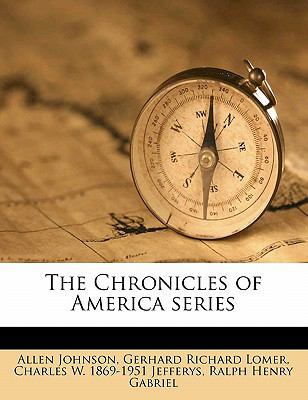
The Chronicles of America Serie, Volume 28

The Chronicles of America Series, Volume 28
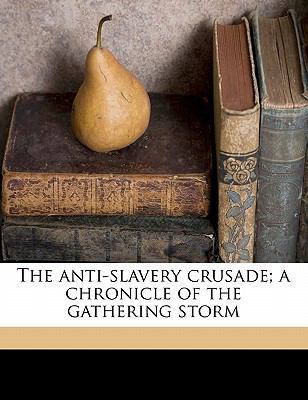
The Anti-Slavery Crusade; A Chronicle of the Ga...

The Anti-Slavery Crusade...
This is a reproduction of a book published before 1923. This book may have occasional imperfections
such as missing or blurred pages, poor pictures, errant marks, etc. that were either part of the original artifact,
or were introduced by the scanning process. We believe...

The Chronicles of America Series, Volume 28...
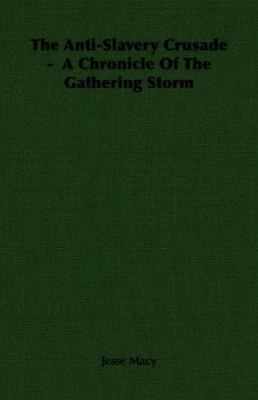
The Anti-Slavery Crusade - A Chronicle of the G...
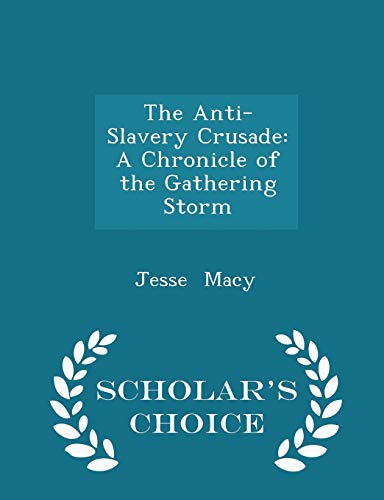
The Anti-Slavery Crusade: A Chronicle of the Ga...
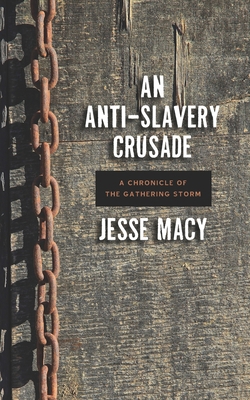
The Anti-Slavery Crusade: A Chronicle of the Ga...
Jesse Macy was born into a large Quaker family in Indiana on June 21, 1842. His family relocated to Lynnville, Iowa, in order to farm. Macy was educated, starting his college career at the age of 17 at nearby Iowa College (which would later become Grinnell College). When the...
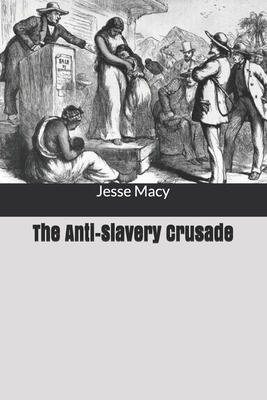
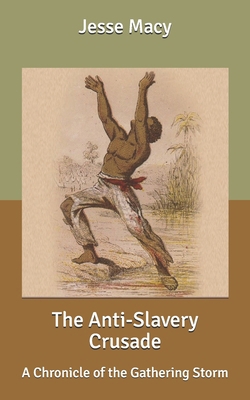
The Anti-Slavery Crusade: A Chronicle of the Ga...
The Emancipation Proclamation of President Lincoln marks the beginning of the end of a long chapter in human history. Among the earliest forms of private property was the ownership of slaves. Slavery as an institution had persisted throughout the ages, always under protest, always...
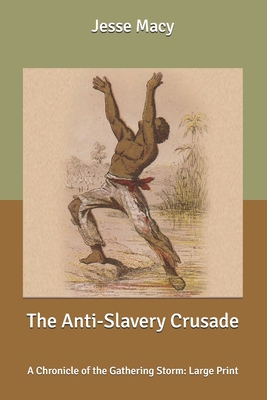
The Anti-Slavery Crusade: A Chronicle of the Ga...
The Emancipation Proclamation of President Lincoln marks the beginning of the end of a long chapter in human history. Among the earliest forms of private property was the ownership of slaves. Slavery as an institution had persisted throughout the ages, always under protest, always...



